Description
Spontaneous Pathology of the Laboratory Non-human Primate serves as a “go to” resource for all pathologists working on primates in safety assessment studies. In addition, it helps diagnostic veterinary pathologists rule out spontaneous non-clinical disease pathologies when assigning cause of death to species in zoological collections. Primate species included are rhesus, cynomolgus macaques and marmosets. Multi-authored chapters are arranged by organ system, thus providing the necessary information for continued research. Pathologists often face a lack of suitable reference materials or historical data to determine if pathologic changes they are observing in monkeys are spontaneous or a consequence of other treatments or factors. This resource contains color illustrations that depict the most common lesions to augment descriptions, and covers descriptions that are compliant with the International Harmonization of Nomenclature and Diagnostic Criteria (INHAND) guidelines set forth by the Society of Toxicologic Pathology (STP) . The ebook provides pathologists with common terms that are compliant with the FDA’s Standard for Exchange of Nonclinical Data (SEND) guidelines. 600 p.

- Alys E. Bradley, Editor. Director of Pathology, Charles River, Edinburgh, Scotland (UK).
- Jennifer A. Chilton, Editor. Senior Veterinary Pathologist, Charles River, Inc., Reno, NV (USA).
- Beth W. Mahler, Editor. National INstitute of Environmental Health Sciences, National Toxicology Program Division, Cellular and Molecular Pathology Branch, Research Triangle Park, NC (USA).
- Publication date (digital version): 2023-06 – Academic Press (imprint of Elsevier); Copyright © 2023 by Elsevier Inc.
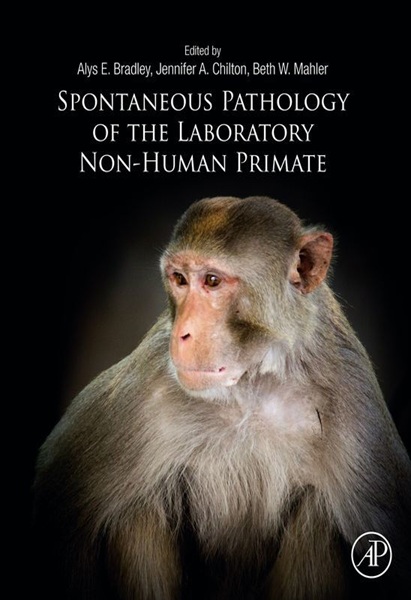
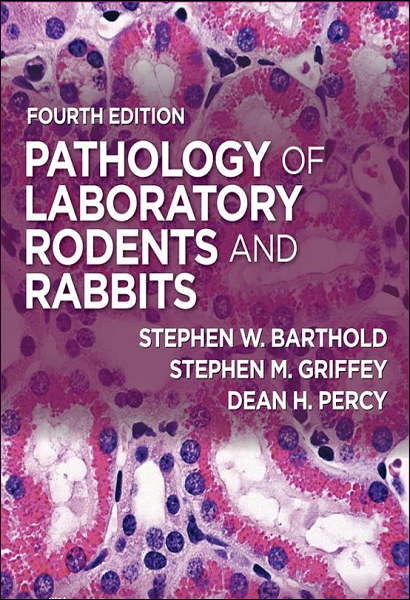
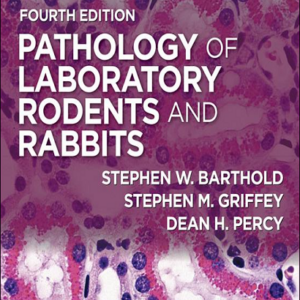
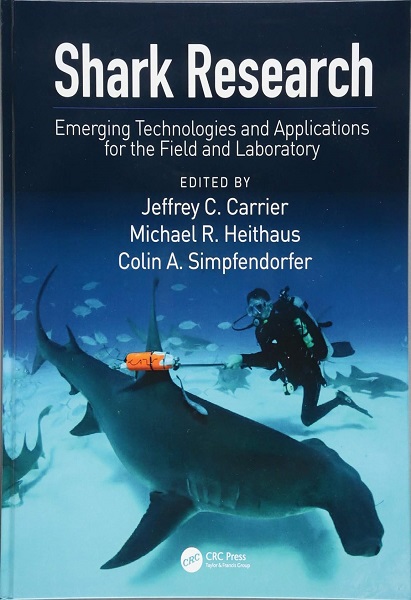
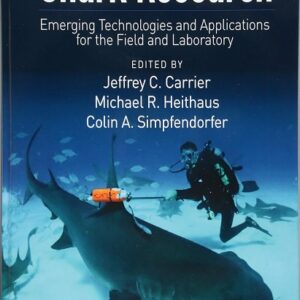
You must be logged in to submit a review.